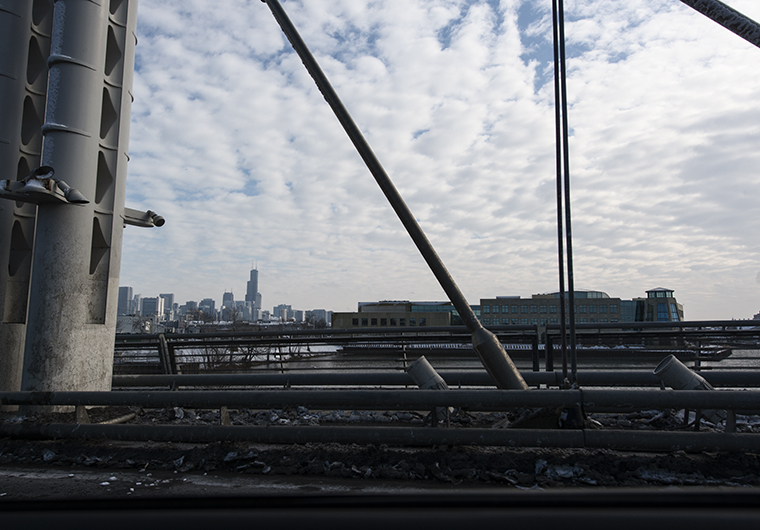Chicago awarded digital lab
Chicago awarded digital lab
March 17, 2014
Chicago will soon be at the forefront of a digital manufacturing revolution after being awarded a new research center Feb. 23 in a federal competition.
President Barack Obama encouraged cities last May to compete to be the location of a manufacturing institute that will pioneer tech and manufacturing jobs for the middle class, according to a Feb. 25 White House press release. Chicago was chosen to be home to the Digital Manufacturing and Design Institute.
The DMDI, which will use computer technology to assist in manufacturing, is expected to create thousands of jobs, according to a Feb. 23 press release from Mayor Rahm Emanuel’s office.
The digital lab, located on Goose Island on the North Side, will be funded by a $70 million grant from the U.S. Department of Defense and $250 million in private contributions, with construction expected to be finished by late 2014, said Catherine Turco, assistant administrative secretary for the mayor’s office, in an email.
Manufacturing companies, universities and research companies will be able to use integrated, computer-based systems to simulate and test technology at the DMDI, Turco said.
“This will be a lab that will help the next generation of manufacturers,” Turco said in the email. “All firms, large and small, that are growing and evolving need someone to develop and investigate their ideas, and this lab will help them do so.”
Turco said the U.S. Departments of Energy and Defense chose Chicago because Emanuel’s administration united the city’s leading research institutions, business leaders, non-profit organizations and government sectors to highlight its technology and innovation opportunities. Companies such as General Electric, Rolls Royce and Microsoft support the lab.
Howard Wial, executive director of the Center for Urban Economic Development at the University of Illinois at Chicago, said Chicago has a long manufacturing history and the institute will enhance its reputation.
“Chicago is not going to be another Silicon Valley, but it can be a high-tech leader if it integrates its technology with its existing manufacturing,” Wial said.
The lab is also expected to have a positive effect on the state economy because it will encourage business growth in the technology sector, said Doug Whitley, president of the
Illinois Chamber of Commerce. Whitley said the lab’s resources would draw new manufacturing businesses from around the Midwest, which accounts for 30 percent of the nation’s manufacturing industries and has created more than half of the country’s manufacturing jobs since 2011, according to the mayoral press release.
Wial said small businesses would also benefit from the lab because they often do not have research and development laboratories at their disposal, but the lab would grant them access to services and provide an opportunity to be more competitive, he said.
Building the lab is part of Emanuel’s plan to make Chicago more digitally competitive nationally, Turco said. Since 2011, Chicago has acquired five research centers, including the Innovation Center at the Illinois Institute of Technology in July 2012, according to Turco.
The federal government has invested in this new technology so other cities can eventually adopt it, though it might take a decade or longer for that to happen, Wial said.
“I think this is a tremendous potential boom for the Chicago area,” Wial said. “We should all be very glad and hope that the lab is implemented in a way that fulfills its promise.”








